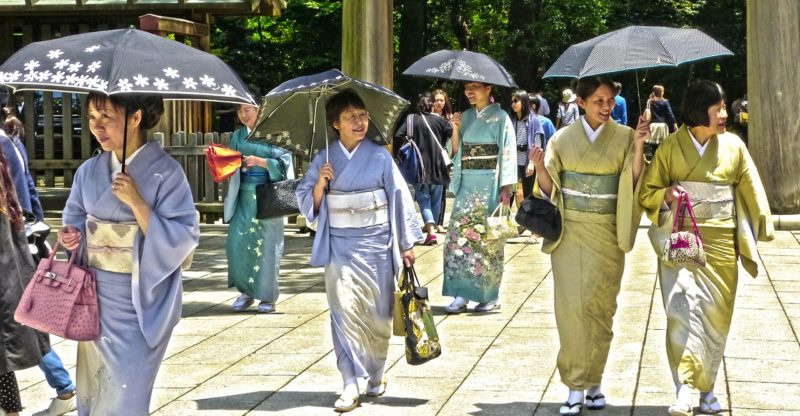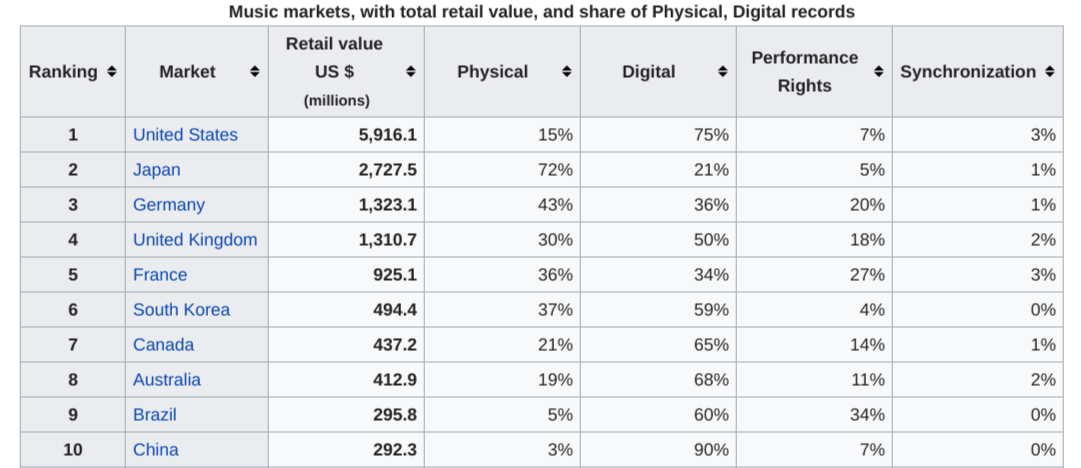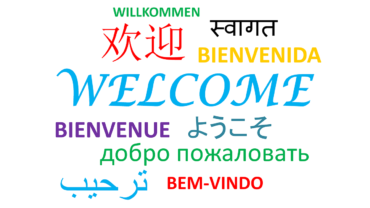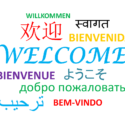5 Reasons Why Japanese Don’t Speak English
If you are from an English speaking country and planning to visit Japan, I highly recommend you to learn some of basic Japanese at least.
In fact, English is not widely spoken in Japan, and it will be very difficult for you to communicate with locals.
But why??
Well, some people might say English education in Japan is bad, Japanese people are so conservative, or simply Japanese language is very different from English.
All of those might be true, but when we look at the country from cultural and economical aspect, there are specifically five reasons.
So in this article, I will explain why Japanese people don’t speak English.
Table of Contents
1. Western Colonization
When we think of other Asian countries such as India, Malaysia, Singapore, Philippines, or Hong Kong, their native languages are also very different from English.
But in those areas, people still speak English fluently.
The common thing that applies to those countries is that Western colonization took place in some point of history.
The Philippines was under the American rule until WWII.
Singapore had been colonized by the United Kingdom for almost a century and a half.
Hong Kong was also a part of the U.K. until the recent days.
The same goes for India and Malaysia.
Not to mention, the Western colonization gave so much cultural influence and impacts on languages in Asia.
But other Asian countries like Japan, China, and Korea that were not colonized by the West, English is not common.
Thus, Western colonization is one of the biggest factor that Japanese people don’t speak much English.
2. Demography
Japan is an island country located in Far East Asia, and this geographical factor made an extremely homogeneous society.
Especially during Edo Period (1603 – 1868), Japan had an isolation policy and used to close the border prohibiting anyone from travelling, coming in, or trading with foreign people for more than 250 years.
This strict policy made their own prosperous and rich culture within the country, and it is still going on today.
According to the statistics, the proportion of foreign residents in Japan is only 1.95%.
Source: Foreign Residents in Japan
This number is extremely low, compared to other countries.
In addition to that, Japanese is its official language, and it is widely standardized throughput the country.
In some countries in Africa, for example, there are so many indigenous languages in one nation.
For those countries, setting English as an official language is simply convenient for a diverse group of citizens to communicate with one another.
As a result, Japanese people don’t have to speak other languages other than Japanese for communication purposes because almost all people in Japan speak one language.
3. English Is Not Essential, But Optional
Now we know that in terms of communication, English is not necessarily essential in Japan if you speak Japanese.
It also applies to education and job opportunities.
When Japan finally opened up its borders after the very first trade negotiations with the United States and the Europe, a lot of Western culture came to Japan.
At the same time, so many academic words from the West were translated into Japanese.
That means most of academic materials such as science, technology, engineering, and so on are written and available in Japanese.
However, that is not always the case in many countries and local languages around the world.
If you want to study in university and learn academic subjects, English is often essential.
For example, in the Philippines, academic subjects in high school level are taught in English.
So in Japan, people don’t really dedicate their time to master English unless they pursue their careers into such industries as international trade, interpreters, travel agency, and so on.
4. Economy
After all, Japan has one of the biggest population where more than a million people live and the third biggest economy around the world.
That means there is a huge market and economic opportunities within the country.
Let’s take an example when you live in a country where you get paid a couple of dollars per hour.
If you speak English, there will be more chances for better paid job than when you speak only your native language.
Many singers around the world sing in English today simply because he/she gets more audience.
Italian artists sing in Spanish since Spanish-speaking population is much bigger.
Some of K-POP singers sing and perform in Japanese as well.
According to the International Federation of the Photographic Industry (IFPI), Japan is the second biggest market next to the U.S. in music industry.
All these economic factors are also big parts of the reason.
5. English Education
English is not widely spoken in Japan simply because of their English education system.
They study English for more than 6 years in junior high and high school.
I mean 6 years.
But it focuses too much on grammatical rules and the structure, but never learn how to use them.
It’s not that grammar is useless at all, it’s that it’s not backed up by something more.
English is not considered as a tool of communication, but it is more like a subject of study or a classroom lecture where students learn only principles.
So these are the five reasons why Japanese people don’t speak English.
Of course there are still a lot of Japanese people who fluently speak English.
It only reflects the majority of people and its culture.






[…] Ito, M. (2019) Asian Minato, 5 Reasons Why Japanese Don’t Speak English. Available at: https://asianminato.com/5-reasons-why-japanese-dont-speak-english […]